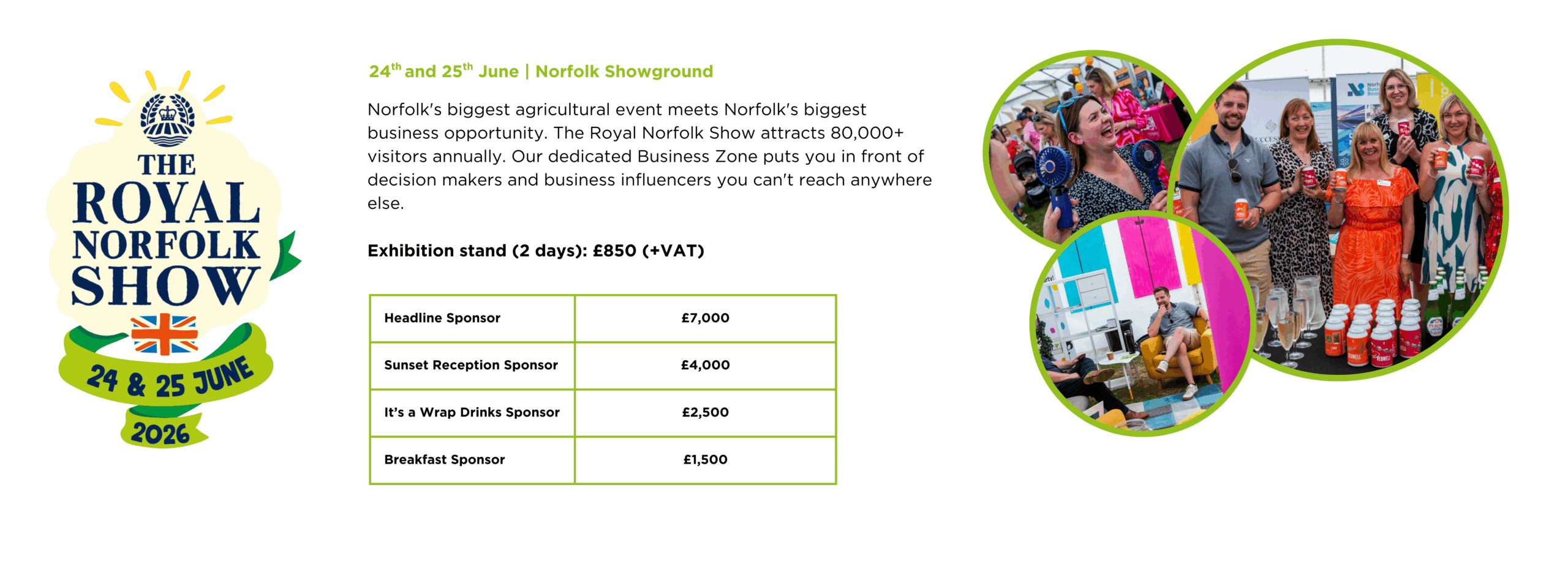A47 Alliance update at Great Yarmouth Business Breakfast
On Thursday 9th November, over 60 delegates joined us for a business breakfast at the Great Yarmouth Racecourse. Delegates enjoyed coffee on arrival and time to network before the morning was started off by Chris Sargisson Chief Executive of Norfolk Chamber of Commerce. Chris highlighted that the Norfolk Chamber are fully supporting the dualling of the A47.
Once breakfast was served David Powles, Editor for the EDP, facilitated the presentations and discussions from the A47 Alliance campaign. David advised that the EDP would be fully supporting the A47 Alliance’s campaign and said: “For too long Norfolk has been held up by poor transport. Unreliable roads means the county doesn’t function as the gateway to growth that it should be.”
Outlining the A47 Alliance’s plans for the future, Cllr Martin Wilby, Chair of the A47 Alliance and David Cumming, Principal Infrastructure Growth Planner for Norfolk County Council, highlighted how improvements to the A47 would impact Norfolk businesses in the years to come. Cllr Martin Wilby, said: “We’re desperate for investment along the A47 to support business and tourism.”
The morning was concluded with Q&A session with a panel including Cllr Martin Wilby, David Cumming and Nova Fairbank, Public Affairs Manager at Norfolk Chamber of Commerce. Questions included: ‘How can the businesses support the campaign to dual the A47?’
Commenting on the need to fully dual the A47, Nova Fairbank, Public Affairs Manager for Norfolk Chamber said:
“Norfolk’s infrastructure has lagged behind the rest of the UK and we should be unapologetic in voicing our infrastructure needs. Norfolk Chamber will continue to rally its members and lobby hard to achieve the goal of fully dualling the A47. It is already evident that poor infrastructure is restricting business growth in Norfolk. Improvements along the A47 will help the local business community deliver greater economic growth and jobs for our region.
“The Norfolk business community can show their support for A47 improvements by signing up to the online campaign by the Norfolk Chamber, which will help build the business case for further funding to deliver more improvements to the A47. Sign up now.



